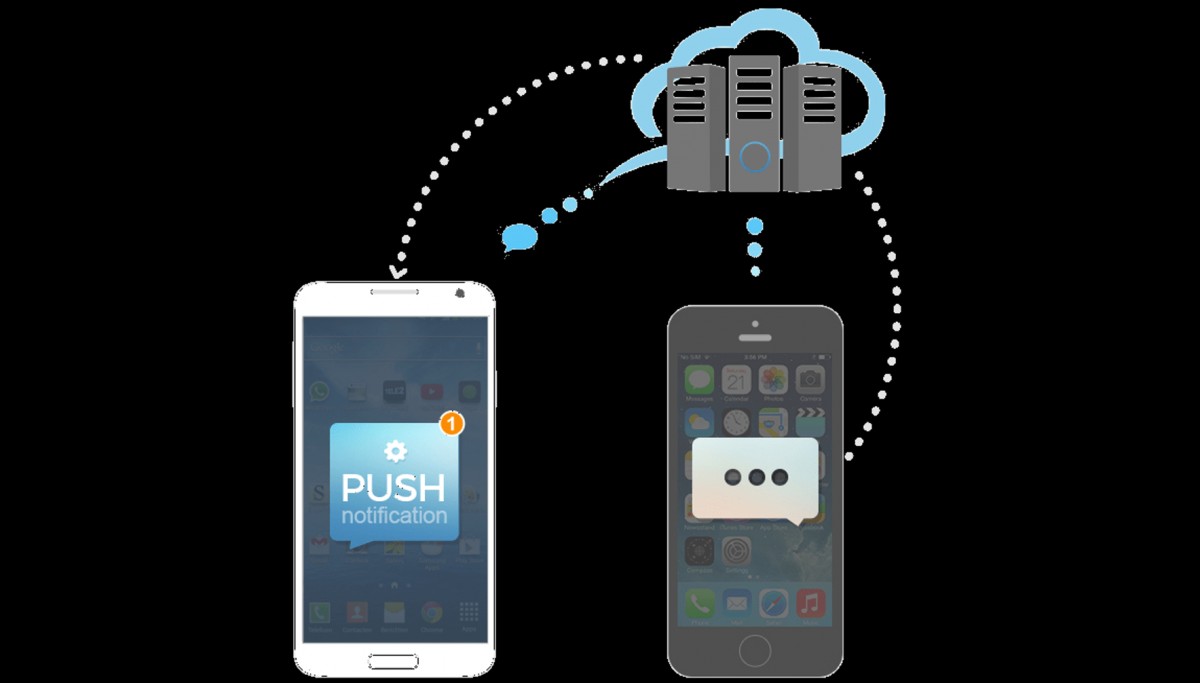
A growing challenge faces decentralized services today - how to deliver real-time mobile push notifications without compromising their distributed nature. Most decentralized apps currently rely on centralized notification systems, but new solutions are emerging.
Currently, most Android apps use Firebase Cloud Messaging (FCM), Google's push notification service. This creates a centralization bottleneck, as all notifications must flow through Google's servers. For decentralized services like Mastodon, Matrix, or Nextcloud, this means implementing "gateway" servers that translate between their protocols and Google's FCM.
These gateways reintroduce centralization into otherwise decentralized systems. For example, Element uses a gateway at matrix.org, while Mastodon operates one at joinmastodon.org. This approach also fails for users without Google services installed.
However, a promising alternative exists - the WebPush standard. This open protocol allows direct push notifications without relying on centralized services. Through WebPush, servers can send notifications directly to apps using standard encryption and authentication.
The UnifiedPush project builds on WebPush to provide a fully decentralized notification system. For users with Google services, the embedded-fcm-distributor library enables WebPush support through FCM without requiring separate gateways.
Major platforms are starting to embrace these open standards. Mastodon 4.4 will implement standard WebPush specifications. There are also proposals to add WebPush support to email protocols like IMAP and messaging systems like Matrix.
While iOS still has limitations around WebPush for mobile apps, the Android ecosystem is moving toward more decentralized notification delivery. This shift away from centralized gateways represents an important step in preserving the distributed nature of decentralized services.
As more platforms adopt open notification standards, users gain greater freedom to choose their preferred services while maintaining real-time updates. The future of push notifications looks increasingly decentralized.